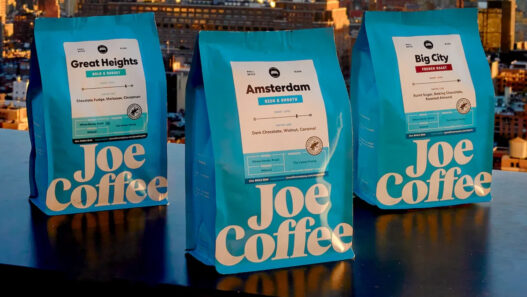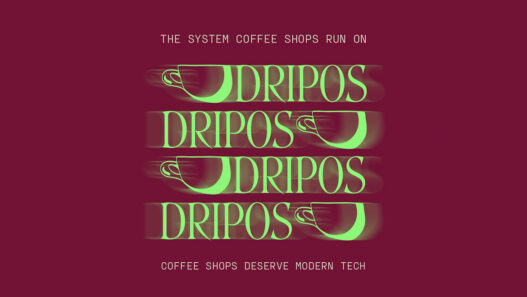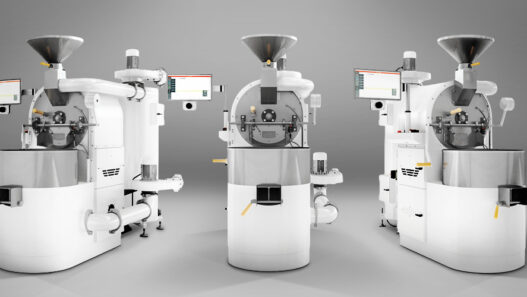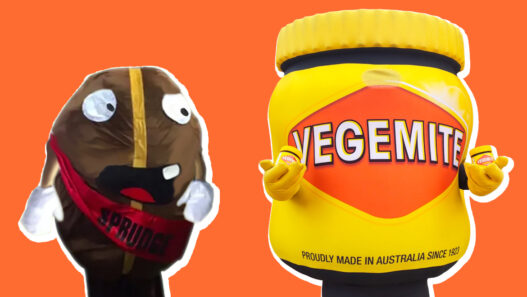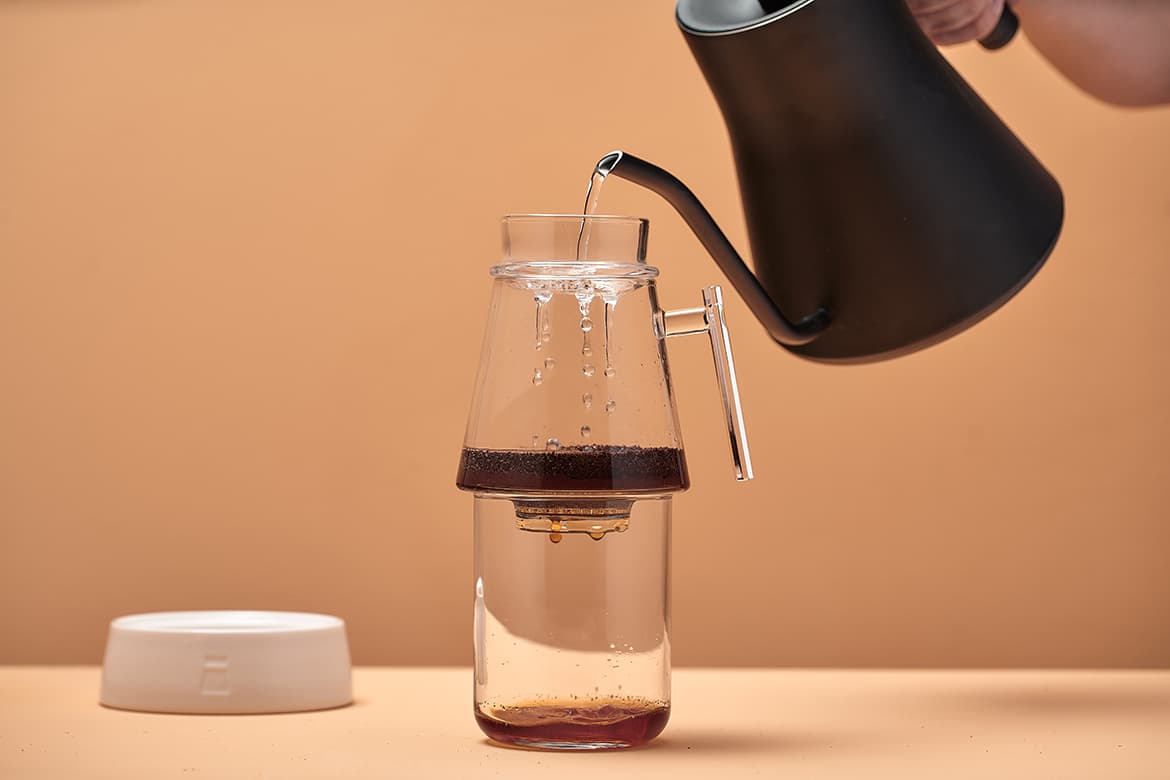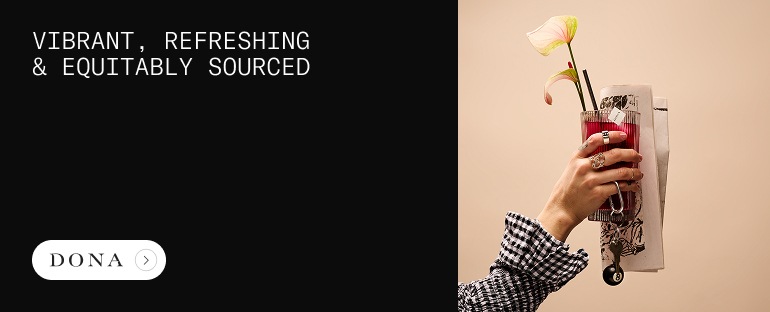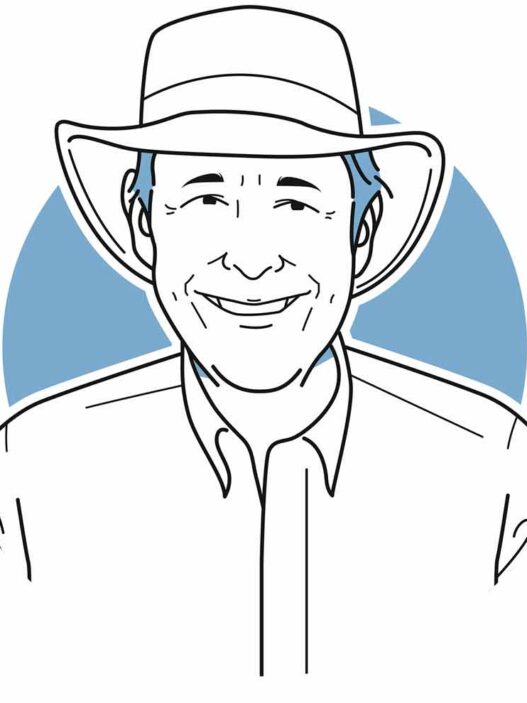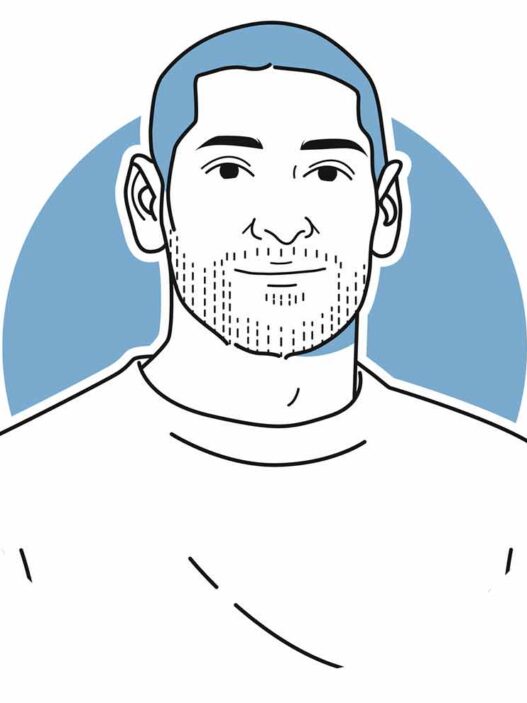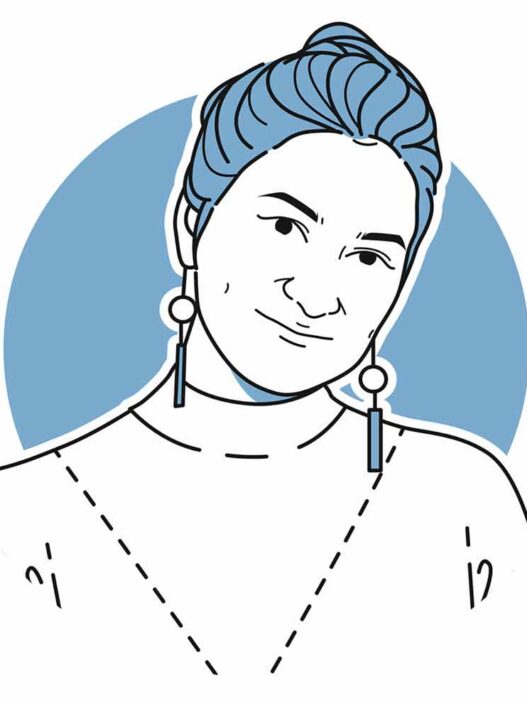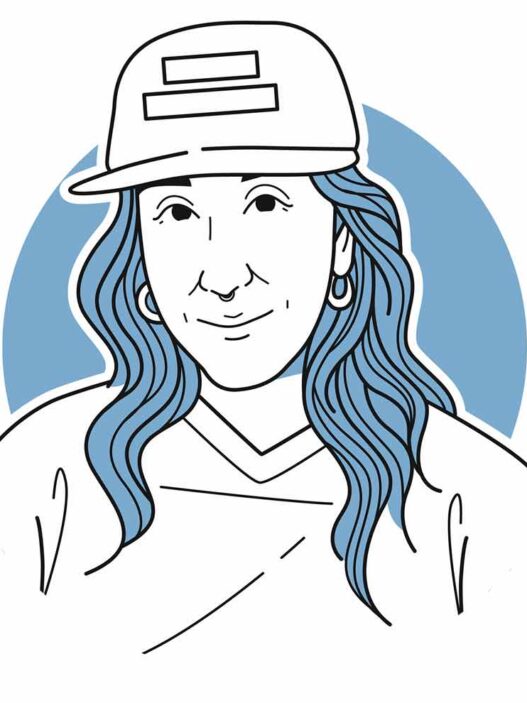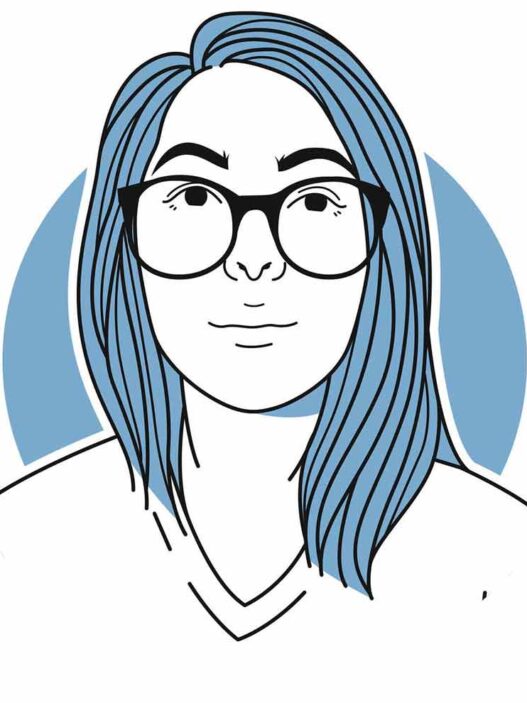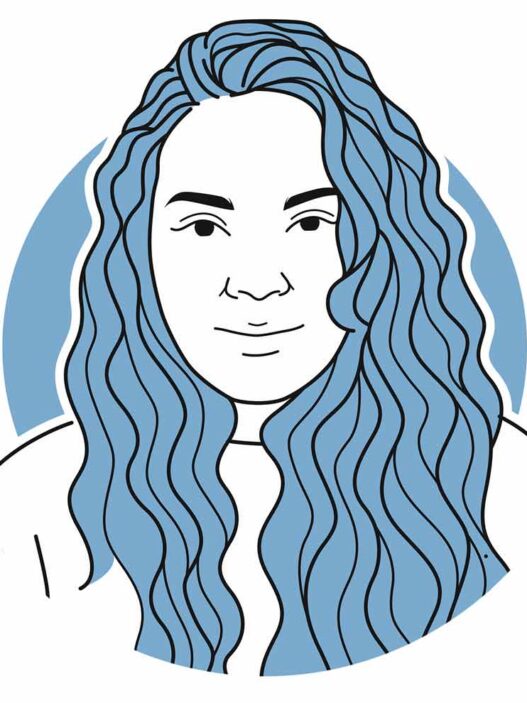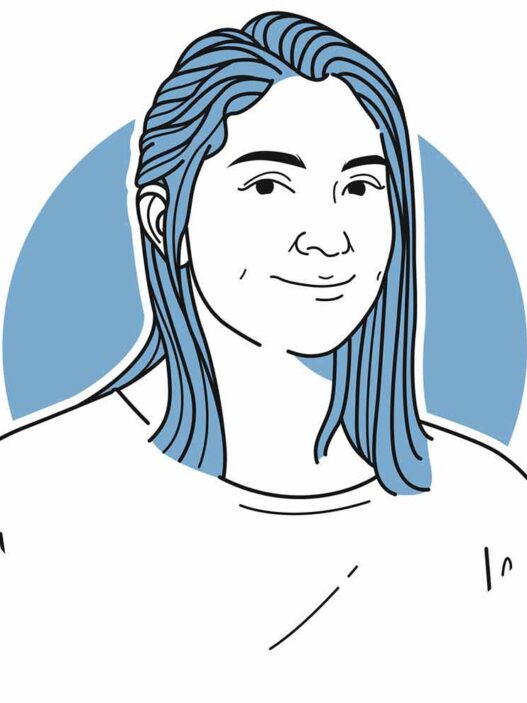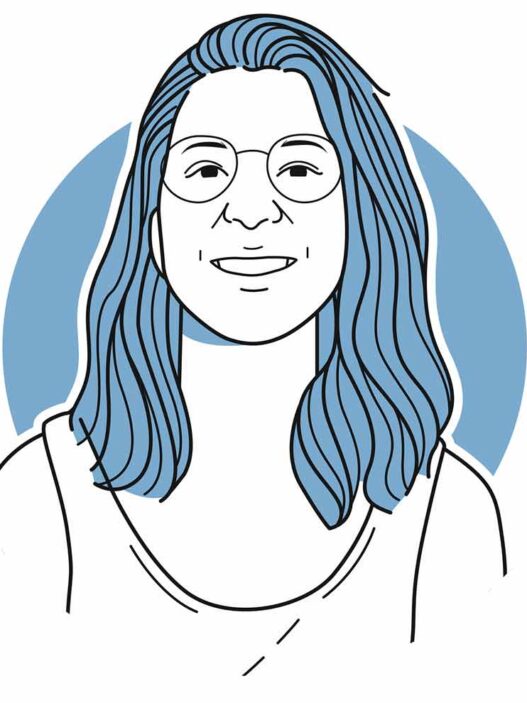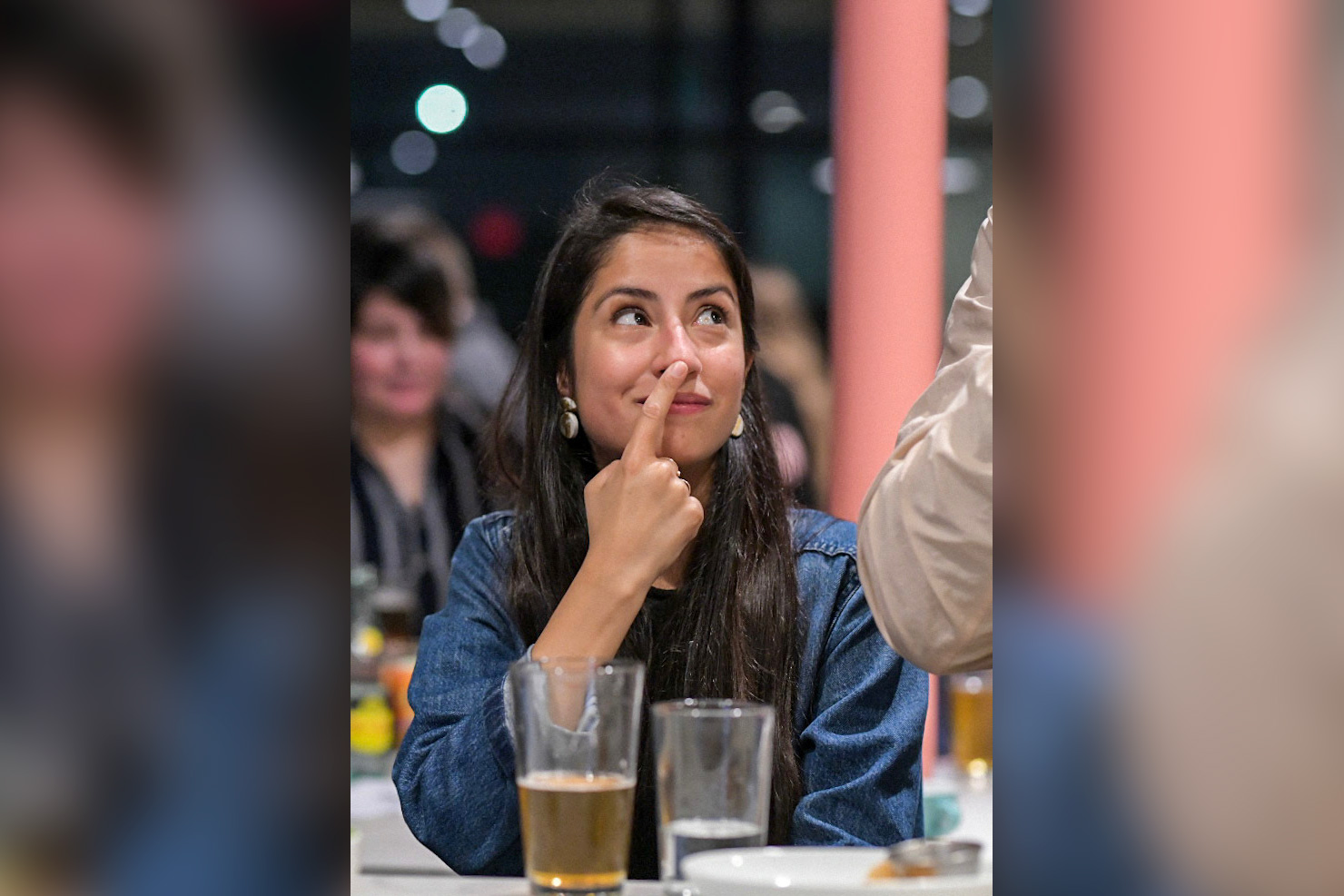
Welcome to The Sprudge Twenty Interviews presented by Pacific Barista Series. For a complete list of 2020 Sprudge Twenty honorees please visit sprudge.com/twenty.
“Kathy Altamirano exemplifies everything that the Sprudge Twenty is about. She works as tirelessly and enthusiastically at building a stronger, more inclusive local coffee community as she does judging the Finals at the World Brewers Cup and every step in between. When I would organize local coffee events, Kathy was always the first to volunteer, and she would be the first person to arrive and the last to leave. I’ve never met anyone who genuinely cares about building a better coffee community at all levels as much as Kathy does, and more importantly, she actively works (often thanklessly) toward creating it.”
Nominated by Zac Cadwalader
What do you see as coffee’s role in the ongoing struggle for civil rights and racial equality?
In my coffee career, the norms yield to white male coffee professionals as the ultimate decision-makers. I’m not very comfortable in front of a microphone or on a stage so I look for ways to volunteer my time, like in competitions, to work as a leader. It feels important as a first-generation American and Latina woman just to be seen as a coffee professional and be a living example for other people who might look or sound like I do.
Are there any activists, authors, public speakers, or experts you’d like to encourage our readers to engage with?
I read a lot of James Baldwin while learning about race politics when I was younger. His writing continues to be really important to me.
How has the COVID-19 pandemic impacted you personally and professionally?
Personally, it’s been an emotional rollercoaster. When the news started coming out, I was en route to NYC to help my partner pack his things and move to Madrid. The city started locking down the first day I arrived, and Spain closed its borders. We decided to move everything back to my apartment in Dallas on March 15th. As the plane took off, we could see Manhattan’s skyline and I had the sinking feeling that the city won’t look the same the next time I get to see it. I was nervous for his safety and our health; then immediately nervous I brought the virus back with me. 14 days of self-isolation brought on bouts of paranoia (I must wipe down everything!) and denial (maybe I already had it?) before settling on a constant uncertainty. I’m extremely fortunate to be healthy and safe. Professionally, we have to look at everything with a new perspective. I feel committed to our partners here in Texas, watching them struggle has been the most difficult part. But I am all still lucky enough to have a job right now. It breaks my heart driving by the cafes and restaurants that are usually buzzing with people are instead hollow. They were unrecognizable with chairs stacked and lights out. I have a friend who manages a local shop come to my apartment after he was laid off, he asked, “what do I do next?” and my heart sank. No one has an answer here and we haven’t got a vision of how to fix it yet.
Is there any donation fund or resource in your community we can share with our readers?
Southern Smoke is a foundation in Houston, TX that is providing assistance to individuals in the Food and Beverage industry. They normally only function inside of Houston, but they have opened applications up nationally—anyone can apply. Grants are normally between $1,200 and $3,000 based on the number of dependents. In April 2020 they’ve given away $922,182 to people in need. I’d encourage everyone to share this with people you know might need some help while they’re waiting for unemployment checks to come through or on the brink of losing something big. If you can donate a few dollars, that’s great too.
What issue in coffee do you care about most?
The issue I see every day is barista career sustainability, or as Jenna Gotthelf calls it #baristasustainbility. There was a lot of chatter in the last year about wages for baristas and cafe workers, but there weren’t really any solutions. I’ve loved serving people coffee for 13 years, but a lot of that time was spent living with second jobs, trying another career path or budgeting paycheck to paycheck. I’ve watched my coffee friends go through the same struggle of having to choose something like paying rent or fixing their car. It’s even more obvious now with historically high unemployment rates in the US: baristas and other F&B industry jobs are the first to go. In Texas, we’re re-opened so a lot of baristas are in high contact positions where they don’t have health insurance. And, a lot of the time, independent business owners find it’s too costly for them to offer benefits. The reality is that cafe owners/operators are squeezing by every day and we still feel like more than $2.00 for drip coffee is too much. I don’t know what the answers are but I’m happy to talk about it.
What cause or element in coffee drives you?
I’ve always been driven by people. When I think of “coffee people” I think of them as family. It’s extremely special to feel like people around you think and care about the same things you do. I know wherever I end up, if I can find some coffee people I’ll be in a safe place.
What issue in coffee do you think is critically overlooked?
There’s a lot of narrative (especially at US CoffeeChamps) about coffee companies who only source the bests coffees, selected by the most critical palates from the most unique lots, etc., but that doesn’t pay the bills at origin. It’s important to consider finding a place for more coffees other than the top tier or consider how biodiversity supports coffee at origin. Wherever we have the capacity to, it’s important to talk about socio/economic stability and environmental value, especially as our climate is changing.
What is the quality you like best about coffee?
I like that everything changes all the time. There are a million brewing devices and brewing guides out there, but there’s still no one correct way to make coffee. We’re all perpetual students as responsible coffee people.
Did you experience a life-changing moment of coffee revelation early in your career?
I’m not sure if any one point was life changing. I did a lot of growing up while working at cafes (and sorry and thank you for all of you who dealt with the teenaged version of me) but it changed the way I understood community. I think providing a point of connection for people, even if they don’t want to chat or can’t smile at you, is really important. Maybe it’s dreamy but I think serving people, remembering their drink, and getting them out the door quickly is something I can do for them as quiet gift. Even to make this one part of their day easier or more pleasant gives me a lot of reward personally. Sometimes they do something in return, in their own small ways, but they don’t have to. These little exchanges are still true for me now.
What is your idea of coffee happiness?
Synergy behind a bar is my definition of coffee happiness. There’s nothing better than all the dominos hitting at the right moment and everything is working like clockwork. It’s fun for me to participate but gives me a lot of joy as an account manager when I see everything clicking for a new business. When the hard work and practice pays off, it is worth enjoying.
If you could have any job in the coffee industry, what would it be and why?
Maybe this is a cheesy answer, but the job I have now is my ideal job. It has constantly morphed into a new shape the entire time I’ve been in this role. Sometimes it’s really hard and I have to call J.Park Brannen to make sense of things for me, but most of the time it feels completely natural. I’m sort of a chameleon in the way that I gravitate to what needs are most urgent. I figure if I’ve got the right people around me to help, any job will probably always be the best one.
Who are your coffee heroes?
I’ve got loads of coffee heroes. Beth Beall at Texas Coffee Traders is a quiet rockstar in Austin, TX who is a role model for kindness, curiosity, and giving back to our community. I’m inspired by her every day. I wish I could be more like Anita Tam of Slow Pour Supply. Her ability to look ahead to the future for her community in Houston Coffee Collective while simultaneously creating a business for coffee tools, volunteering at competitions, and educating as an AST is remarkable.
If you could drink coffee with anyone, living or dead, who would it be and why?
I haven’t got a good answer for this question, I’m not much for celebrities. I’m going to say Kaileigh Mulligan from Counter Culture in NYC because we could dance around and eat sandwiches together and that sounds like a good time.
If you didn’t work in coffee what do you think you’d be doing instead?
I wanted to go to law school and become an immigration attorney until I started seeing the reality. I’d be heartbroken constantly. I also love multi-step processes, so I love cooking complicated things, and I’m baking compulsively these days. If I could choose anything to be talented at, I’d choose to be a professional athlete in the NBA.
Do you have any coffee mentors?
Jesse Kahn has been the best manager I’ve ever had and deals with my problems large and small graciously (and sarcastically, true to his brand). I learned a lot about my job from David LaMont at La Marzocco, even though we only knew each other over the phone for a long time. When I was trying to figure out how to a woman in sales, I got a lot of help from Maria Cleaveland at Urnex. She’s incredible. Overall Christopher Feran from Phoenix Coffee in Ohio has been a friend and a career coach for almost a decade. I’d be lost without his help.
What do you wish someone would’ve told you when you were first starting out in coffee?
I have so many things to say, but here are two: 1) Half of the challenge is showing up. Just keep showing up, regardless of what happens in your personal life. Just get there. 2) Remember everyone’s name when you can. I used to keep a little notebook in my apron for customers and I still memorize names as quickly as possible when I meet a new group of people. It means a lot, or nothing at all, but everyone is important big or small.
Name three coffee apparatuses you couldn’t do without.
A drinking vessel, water, and coffee itself. Does that count?
Best song to brew coffee to at the moment.
Will Smith – Gettin’ Jiggy Wit It
Where do you see yourself in 2040?
I have absolutely no idea. I hope still doing my overcaffeinated bouncing around, chatting with coffee friends, and remembering a time long ago when we lived in quarantine.
What’s your favorite coffee at the moment?
Kabeywa Natural, Uganda by Counter Culture Coffee. It was a coffee that stopped me in my tracks when I first had it years ago and it still does today.
The Sprudge Twenty Interviews are presented in partnership by Sprudge & Pacific Barista Series. For a complete list of 2020 Sprudge Twenty honorees and a complete interview archive, please visit sprudge.com/twenty.




